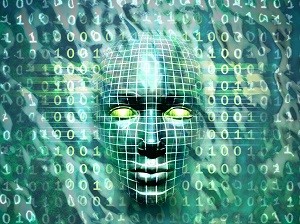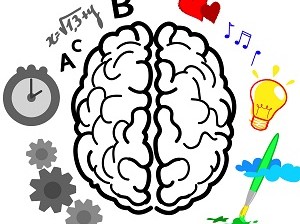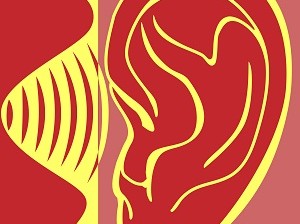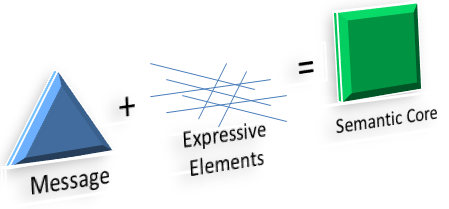Author Archives: Joe Roushar
About Joe Roushar
Former spy, current enterprise systems architect and entrpreneur, camper, canoeist, musician, grandparent, inventor.About Joe Roushar
Former spy, current enterprise systems architect and entrpreneur, camper, canoeist, musician, grandparent, inventor.About Joe Roushar
Former spy, current enterprise systems architect and entrpreneur, camper, canoeist, musician, grandparent, inventor.About Joe Roushar
Former spy, current enterprise systems architect and entrpreneur, camper, canoeist, musician, grandparent, inventor.About Joe Roushar
Former spy, current enterprise systems architect and entrpreneur, camper, canoeist, musician, grandparent, inventor.About Joe Roushar
Former spy, current enterprise systems architect and entrpreneur, camper, canoeist, musician, grandparent, inventor.About Joe Roushar
Former spy, current enterprise systems architect and entrpreneur, camper, canoeist, musician, grandparent, inventor.About Joe Roushar
Former spy, current enterprise systems architect and entrpreneur, camper, canoeist, musician, grandparent, inventor.About Joe Roushar
Former spy, current enterprise systems architect and entrpreneur, camper, canoeist, musician, grandparent, inventor.About Joe Roushar
Former spy, current enterprise systems architect and entrpreneur, camper, canoeist, musician, grandparent, inventor.10 Apr Talking About Computational Linguistics

Computational Linguistics Today Massive strides have been made in the cognitive definition of thought, perception, culture and language. The interaction or kinship of all these elements of the human experience is also better defined. This combined work has increased our self-awareness and provided the basis for synthesizing and modeling automata to extend our abilities and […]
09 Apr Abstract Contexts and Fuzzy Reasoning

We do not yet know how we remember things, nor do we know how we use remembered things in reasoning. The amazing feedback loops of afferent and efferent fibers between different layers of the cortex give us some amazing clues (Hawkins 2004). Today’s discussion of abstract contexts and fuzzy reasoning is intended as a bridge […]
08 Apr Symmetrical Logic and Lineage

Symmetry may not immediately appear as a principle of logic or reason, but it should. In mathematics we learn the commutative and associative properties of addition and multiplication. These represent a mirror-like symmetry. Symmetry, or invariance against change, is a fundamental principle of physics and an underlying assumption driving some logical decisions. Causality, for example, […]
05 Apr Knowing About Agents and Instruments

Cause and Effect Causal knowledge can be learned by experience, as described in our friend Yorrick’s early experiences with the source of good feelings (Section 4: Seeds of Knowledge). The process of learning from experience is empirical and very fuzzy, meaning it is difficult to describe or replicate the learning process artificially. Cause can also […]
02 Apr Context and Expectations

Expectations are context based, top-down ideas of what comes next. These top-down ideas feed perceptual processing centers in the brain, helping us focus on what matters, ,and sometimes blinding us to other possibilities. The two types of context we will consider today are sensory and non-sensory. Sensory context applies to anything in the physical world […]
01 Apr Generating and Qualifying Propositions

What are the limits of reasoning? Is it possible to reduce every cognitive activity (telling time, falling in love, inventing rockets…) to a set of premises and conclusions: propositions? LITTLE ANIMALS ARE FURRY is a very simple proposition. Can intelligence be defined by the complexity of the sequence of propositions we can balance in evaluating a situation? I […]








